“I have finally built my case against Catcher in the Rye.” This tweet, spat out by a YA author a few days ago (along with a video in which they outline their “case”), should have been easy to ignore. It is exactly what you would expect from a YA author. It is an intellectually worthless, reductionist, vapid and empty argument. One that suggests that they don’t have the slightest understanding of how to critically analyse a text beyond responding to how it made them feel (which, again, is perfectly in line with YA authors).
Unfortunately, the tweet wasn’t overlooked, and indeed has led to one of the most extensive and lengthy “debates” I’ve seen around literature on Twitter. I’ve decided to expand on some thoughts here because it’s actually intensely relevant to the way we look at video games as well.
What has really struck me about this debate is that, whether you agree with the YA author or not, and whether you like Catcher in the Rye or not, people have been looking at and analysing its protagonist, Holden Caulfield, in the same way that they would talk about a real person.
“holden caulfield is an adolescent boy whose brother died. sorry hes not handling himself better than you would in his situation” (sic to all of that) wrote one person. “before you criticize Holden Caulfield you should probably be aware that he is literally neurodivergent and a minor,” tweeted another (these people really should learn to respect basic grammar if they care about literature so much).
And then, after a few days of this, that same YA author came back with some more: “if Holden HAD been a murderer by the end, your “but he was in the war/depressed/his brother died-” tweets would sound a lot like the news after an American school situation. And that would be my entire point. Lmao.”
The is that Holden was not, in fact, going to be a murderer in the end. We know this because that wasn’t the point of J.D. Salinger’s book, and Holden, who is a fictional character, has no agency over whether he was going to become a murderer or not.
To be clear here: Holden Caulfield has no feelings, does no actions, and has no mental nor physical health issues. He might represent these things, but he is not these things. Holden is a collection of words arranged on a page to convey a theme and idea and push a plot, filled with themes and ideas, forward. There’s no point applying hypotheticals to what he “could” be, or what he “might” be thinking or feeling, since Holden could only ever be what Salinger wanted him to be, and Salinger didn’t publish multiple versions of his story.
I realise that this might sound like a fine line to draw, but it’s actually an important one. Because people have been so willing to blur the boundaries between how we analyse a text, and how we respond to actual people and events, the quality of our analysis has become incredibly poor, and this is hurting both the discussions around books and the ability for authors to actually write them.
The all-time best example of what I am referring to here is Lolita, a book that is finding new levels of notoriety as society’s ability to apply basic critical thinking to literature continues to nosedive down a very steep cliff face. In short, you cannot admit to finding Lolita to be a good book, without inevitably being judged by a bunch of people that interpret that to mean you find the individual at the centre of the book to be an admirable individual.
Of course, Humbet is not a person, let alone an admirable one. Nabokov wrote that character to be an abstract representation of something he observed with regards to American culture and the way it looks on its youth. Likewise Salinger’s Holden is an abstract representation of the way that society can leave youth disenfranchised and isolated. These characters are, themselves, an analysis. And this is important. When you write a biography, you analyse the person. When you write a fictional character, you create an analysis that the audience is then asked to analyse. Authors (outside of YA) tend to be pretty distant from their characters, seeing them as tools to deliver a concept that is important to them. And it’s critically important to our ability to understand a text that we realise the difference here.
There was a time that we, as a society, did actually understand this. People generally understood that across Aesop’s fables, the foxes and lions and scorpions and whatever were not actual animals, but rather manifestations of some simple moral philosophies. People generally understood that the tragedies of Shakespeare were not retellings of history (giving them a different texture to his actual historical plays), and that the characters were an abstract representation of doomed love, or all-consuming vengeance and hatred, or greed.
People also generally realised that Frankenstein’s monster was a symbol of society’s mistreatment of the other and scientific overreach, and not just a big zombie, and that the character of Dracula was symbolic of terror or sex that ran through the extremely conservative society of the author, Stoker’s time (and also the latent homosexuality that Stoker struggled with). And yet people, today, have lost sight of all this basic critical understanding. As the YA author so clearly highlights, we are no longer able to see characters as abstract constructions. Rather, we’re expected to identify with them, or hate them, based on our social values. We’re expected to make snap decisions about the “person” at the centre of a book and let that be the entire basis of our opinion of the book (and author, and people that do enjoy the book).
Why does this matter?
There are a couple of reason why this trend concerns me. Firstly, on a very simple, practical level, it suggests that far too many people are not able to comprehend art beyond a literal interpretation. Rather than see a character like Holden or Humbert, and ask themselves what that character means and what message the author is conveying though the character, they instead read the book like it’s a biography and the character is there to be, simply, judged. If we applied that shallow level of critical thinking to Aesop, we would arrive at the opinion that when the Scorpion stings and drowns the frog then the Scorpion is nothing but a murderer (and an idiot). Our analysis would stop there and we would never consider that perhaps Aesop was actually making a point and the Scorpion represents something about humanity.
This shallow, limited capacity for thought will result in artists become restricted in what they do and how they can contribute to society. Rather than the arts being a safe space to explore challenging, inconvenient and uncomfortable ideas, authors would only be able to present characters that entertained and made people comfortable. Anything outside of that scope is “supporting problematic ideas,” and would be deemed intolerable.
But the arts must transgress. This is a critical function of them. Goerges Bataille once wrote, in Story of the Eye: “That discourse one might call the poetry of transgression is also knowledge. He who transgresses not only breaks a rule. He goes somewhere that the others are not; and he knows something the others don’t know.” Bataille himself was a scholar of Marquis de Sade, who is perhaps the most powerful example of transgressive ever. Sade’s characters were purely repellant, but he did that to make a point and encourage a revolutionary spirit among readers. He made his grotesque characters withered old royalty, wealthy business owners and religious figures, and their victims the youthful, the naive and the poor. He was a revolutionary within the French Revolution and his writings were his way of exploring that. His goal was to shock and repulse, and through that build commentary around power structures and their abusive excesses. He was informing by offending.
But to read it as the YA author (and many, many others) would today, Sade’s characters just did rape and murder. They were bad people, and Sade was a bad person for writing them. That’s where the analysis would stop. What makes it so infuriatingly anti-intellectual is that it’s not wrong. It’s just disingenuous. The analysis is both the point on the surface and entirely not the point for a proper reading of the text. Sade was a terrible person, but for reasons distinct of what he wrote. What he wrote, shatteringly shocking as it is, was quite the bluntly astute analysis of the situation in France at the time. Furthermore, Sade’s abstract characters are hellishly shocking, but there is a truth there that persists to this day. “Eat the rich,” is a highly sanitised saying that we commonly deploy today, and that comes from exactly the same place. You arrive at this realisation if you spend some time properly contemplating Sade. You learn something. You don’t if you just dismiss him because you see his characters as repellent “people.”
What does this have to do with games?
A lot of what I have written here explains to almost depressing completeness why so many video games, particularly with regards to the characters, are so shallow and lacking in artistic value. Game writers (and their bosses) know that, in combination with the increasingly detailed graphics, people’s ability to distinguish an abstract character from reality is being compromised far more than it is in the less “realistic” medium of literature. More bluntly, people expect to see themselves in the characters they control, and there’s a frighteningly limited awareness that the avatars on screen are not, in fact, representative of anything in reality (including the person playing the game).
It means that because people are so poor at seeing characters as abstractions, game developers know they need to make characters “real.” The Last Of Us’ Joel can’t represent an idea. The Last Of Us is an aesthetic and tonal carbon copy of Cormac McCarthy’s The Road, but where in that book the author was so free to be abstract that the protagonist didn’t even have a name and was just a concept (“The Man”), The Last Of Us’ creative team was never going to be able to do something like that. Joel can only be a person that we empathise with as something “deeply human.”
Meanwhile, those times developers do try to make their characters symbolic representations, it blows up in their faces. How many people realised that Juliet Starling was a subversion of the “sexy cheerleader” trope out of 80s exploitation cinema when Lollipop Chainsaw first came out? I can assure you, having been one of the few that did, there were not many in my camp. What they saw (and was very vocal about) was a girl in a tiny cheerleader’s outfit. Because all they were capable of comprehending was the literal, all they saw was exactly what Goichi Suda and James Gunn were subverting.
Then there are times where the literal interpretation of what people see in front of them stops them from questioning the work at all. Ghost of Tsushima had Japanese characters and they were speaking Japanese, and on that basis very few thought to analyse what the implications were that it was actually made by a studio of predominantly white people and/or Americans.
Being unable to see beyond the literal leads to shallow, bad analysis. When that analysis is hostile – as video game discourse generally is when it falls outside of the comfort zone of the critics and/or community – it also leads to timid executives demanding that games be made within a narrower and narrower band for fear of rocking the boat.
In short, games can’t transgress. They can’t challenge. They can’t offend. Games must uplift with readily relatable people (not characters) for gamers to see themselves in, and anything that falls outside of that band must be pilloried into submission.
We’ve all seen it happen. We’ve all seen the narrowing range of aesthetic styles, and despite the the broadening diversity and representation we’ve seen the swallowing quality to the characters being written. The games industry pastiches itself more and more, and one of the fundamental reasons for that is as simple as what that YA author so elequotently, if accidently, expressed a few days ago: our society’s critical awareness of art has atrophied to such an extent that we no longer even understand the basic literary function of a character.

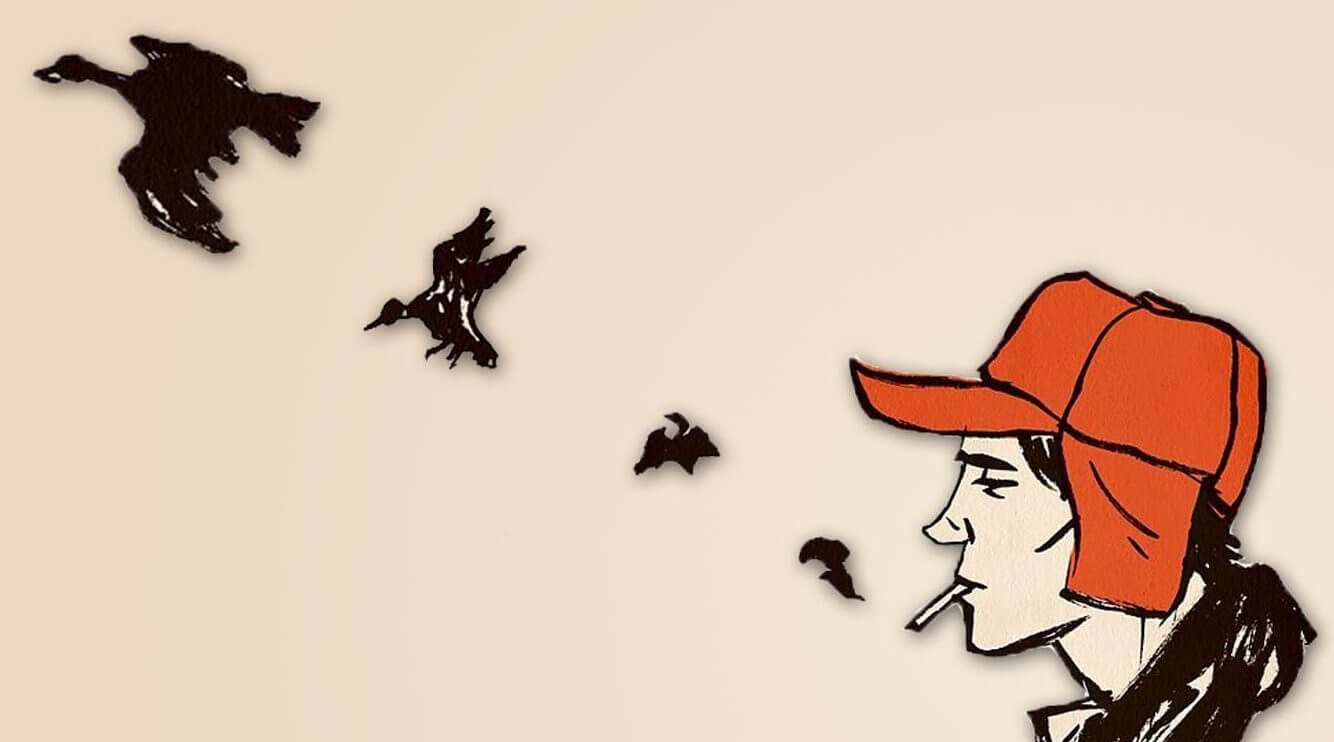

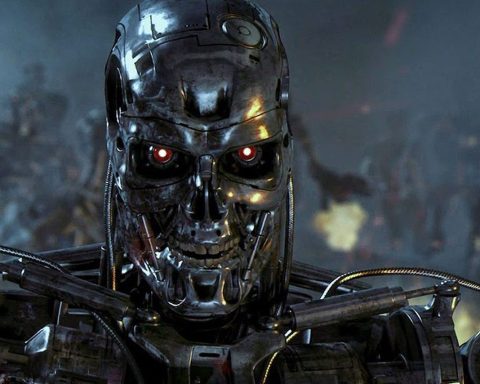
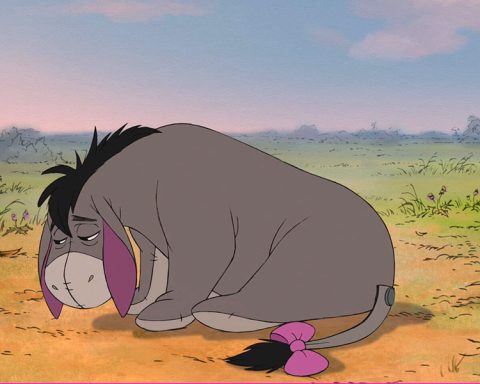
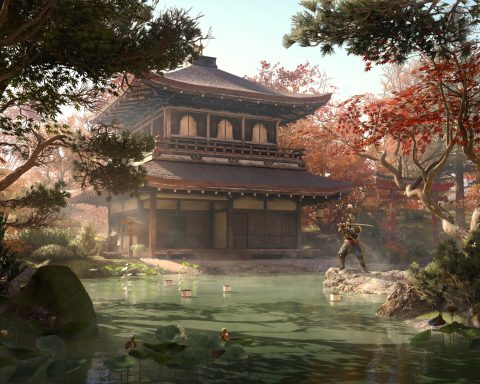

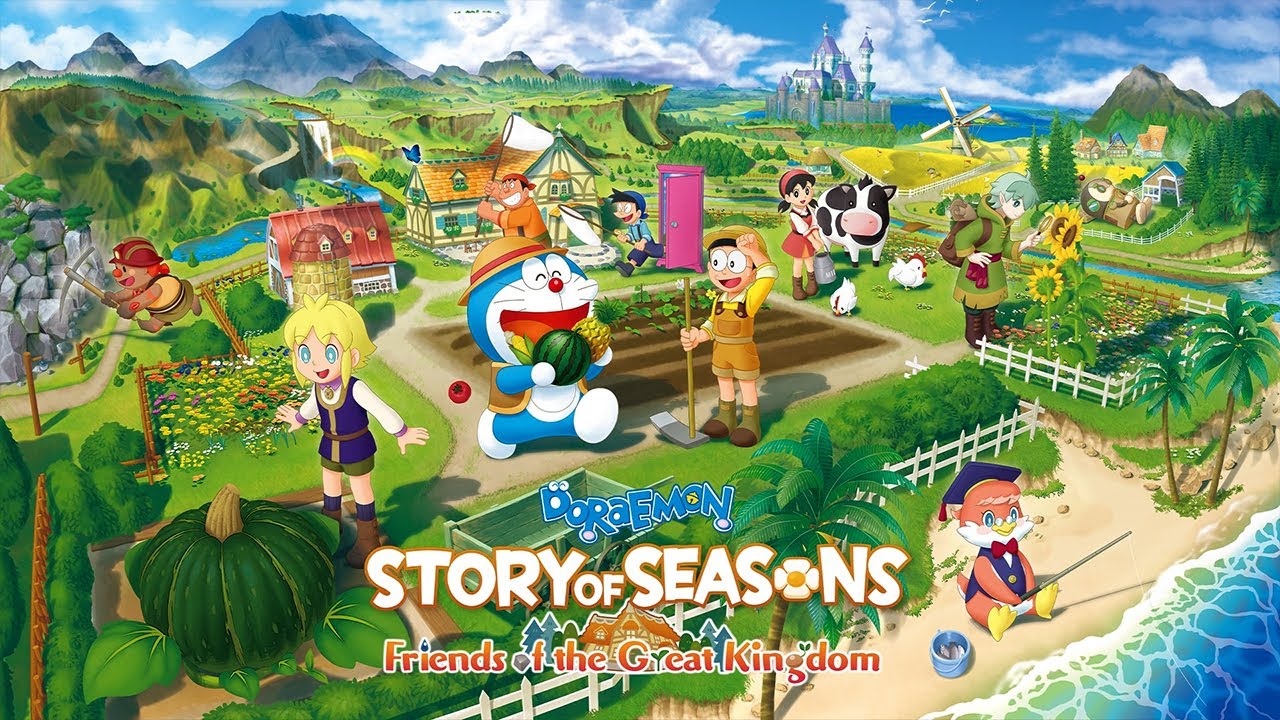


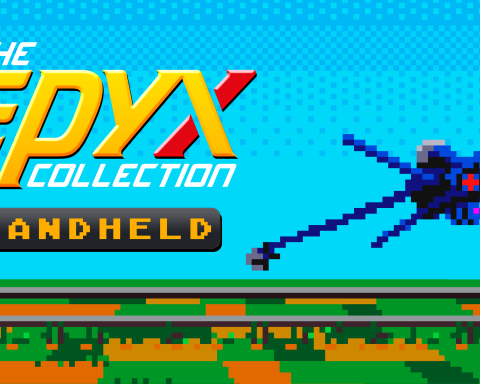
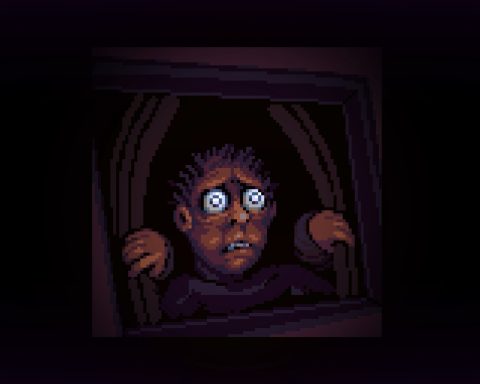
And when one does dare to offend, it gets dogpiled by this kind of shallow-minded people with no imagination. The kind who think the characters in fiction should represent them, rather than *themselves*. The kind that will call a fictional species of people a racist representation because they can’t see past their own racism, and would happily box any culture into not daring to explore other cultures (not without one of then acting as commissars at any rate).
Yes, yes, yes, yes, yes! I have been saying this for years! It seems people don’t know what storytelling is. As a writer myself I would definitely stop short of saying that we shouldn’t look at fictional characters as people at all, since I strongly believe that emotional engagement is an integral part of good storytelling, and that requires some kind of personal identification, positive or negative, and also I personally have always been more intuitive than intellectual in my approach to art and to life, but this “depiction is endorsement” nonsense needs to fucking stop!
Also, sometimes a character is supposed to be hateful in the world of the narrative. Mike Leigh’s Naked comes to mind, people called it misogynistic, but it’s nothing of the kind. The main character is despicable for many reasons, most of all his treatment of women, but the story is about a man who has a great deal of justifiable disgust at the sickness in society, but who, because that disgust and his own self-loathing have become so all-consuming, has no healthy outlet for it, so all he can do is hurt other, and this just serves to highlight how broken his society really is, but did people catch on to that? Nope, and that film was what, thirty years ago? Now? Oh, man. These absurdities have skyrocketed beyond all reason. I think all we can do at this point is just tune it out and keep on writing and making the things we believe in. It’s not like the people we’re talking about would listen anyway.
I guess this is a point I should have clarified better in the piece. I do agree that emotional connection is worthwhile and and important part of storytelling, and I certainly have an emotional connection to a lot of characters… even my own! I’ve been working with Dee Dee for close to a decade now, and yeah, I have some hardcore feelings about that character despite her being a character and absolutely not a person, lol.
I guess the thing is that we need to be able to step away from the character when we need to and realise it’s an abstract creation. My concern is that we’re not able to do that.
A simple example – Black Panther. So many people genuinely believed in the line “Chadwick Boseman is Black Panther” that it became impractical for Disney to recast the character. While it comes across as a sweet sentiment to respect an actor that portrayed a character in a way a lot of people loved, it is also concerning that they couldn’t then step back and realise that a lot of other actors could have also played that character well. I don’t see anything good coming from being so emotionally attached to characters that we allow that to bleed out into our real-world perceptions of the characters.
Great article! Personally, I have felt unable to critically understand what I watch, read and play.
It’s one reason I like to read articles and watch YouTube videos about art I’ve enjoyed: I can see how much meaning was lost in my superficial reading of the piece.
And I think article deserves a follow up: just how much people are trained in reading art in this manner.
How market influence, the need to sell, forms art products – disposable, meant for knee-jerk reactions to a knee-jerk readings. Or how the high intensity, high pressure work, is so draining the art we favor, and this which is pushed to us, is confort food. Made to recharge our mental energy so we can go back and work some more.
I’m reminded of what I’ve been told about Berthold brecht. Maybe we are seeing the consequences of the audience not having that sense of distancing from the art piece. Or the consequences of an art industry based causing sympathy and not empathy. Though my knowledge on his theories is thinner than Wikipedia, it’s not for me to say.
And about youtube, that’s the platform that is accessible to most audiences and least accessible to trained critics. The more successful the channel, less likely the creator is to have finished college. And more likely his target audience to be young teenagers, limiting the complexity of the ideas he’ll present.
Again, just like YA novels most critiques today, pushed by the YouTube algorithm, is “react content”. It’s about the feelings of the audience, not a deep deconstruction of the piece, searching for the essence of it all.
My whole point is that now there’s a whole ecosystem shaping our bad understanding of art criticism, which deserves its own analysis.
You make an excellent point here, and it’s a concern that I do share. In general I’m in favour of the way that the Internet has opened up publishing, but it has also enabled a kind of “path of least resistance,” where the worst and easiest ideas rise to the top and become accepted as standard. Meanwhile, the complex and challenging ideas never find much of an audience, and because they don’t, they get sidelined and diminished. Making “clicks” the yardstick of success has done our collective ability to think a lot of harm, and that’s entirely why YA authors get to have a disproportionately loud voice now.
They’re real to me dammit!
They’re just not living in the real world, that’s all.
Well I probably should clarify a line between perceptually real and actually real. This is a good point. They’re real to me in the way you’re implying too 🙂
Interesting article which I’m largely in agreement with – and I love that you write these sorts of things. But I think your comments about the YA author – that this is “exactly what you would expect from a YA author” etc are a bit unfair. For one thing, Catcher in the Rye itself would likely be marketed as YA if it was released today, for another, that sort of dismissive tone could just as easily be levelled at a games journalist.
Similarly, the notes about bad grammar in random tweets seem a bit unfair. Your own carefully written and presumably proofed article isn’t completely devoid of errors. And yes it’s a lot longer, but this is also your job. Even if it was perfect though I’d still think those comments are unnecessary.
I do strongly disagree with the notion that Catcher would be considered a YA novel. There’s nothing about it, stylistically or thematically, that remotely resembles what YA writers write. I firmly believe that Catcher would have been seen as a work of literature were it released today.
I make no apologies for my issues with modern YA authors, who I believe are a net negative on our literary culture. Especially when their contribution to the discourse around literature is rhetoric like this, or that one that claimed “if you expect authors to read books you’re ableist,” from a few weeks ago. These brain farts are toxic stupidity that undermines any efforts to have serious discussions about books and deserve to be called out for it.
With that said, you are correct that games critics can be hit with a dismissive tone. It happens all the time, and not without reason. A lot of games writing is terrible. Personally, I try my best to avoid saying or publishing stupid things that would contribute to that reputation, and even try and elevate it by writing insightful and thoughtful criticism, but you’d never find me disagreeing with anyone who did dismiss games writing out of hand. That’s been earned by this collective sector.
With regards to the grammar, I admit that was a bit snippy, but as far as I’m concerned if you can’t be arsed using basic capitalisation, when every auto-correct on the planet will fix that for you, then you deserve it. It annoys me when I need to put that into my pieces verbatim. I don’t care if people get the more complex rules wrong, mess up tenses show poor syntax. People don’t have to be graduate-quality writers. I’m only talking about (and reacting to), kindergarten-level rules here like capitalisation.
However, to clarify for you – this site doesn’t make anywhere near enough money to have proofreaders, and no, it’s not actually my job to be one. I make my absolute best effort to produce clean copy and read over my work multiple times, but I am not a subeditor, would never be hired as a subeditor and I well know my weaknesses as a writer. Nothing we publish on DDNet is formally proofread. Believe me, I’m aware of it leading to mistakes. The first full-time person this site would hire would be a sub-editor because I am not a good sub-editor at all.
I don’t think it’s much to ask people to put a basic effort in if they want to make a serious point about something, and despite what you’re implying that’s the standard that I don’t hold myself to. It doesn’t have to be perfect or even good, but a basic effort shows intellectual respect for the reader. Again, I totally accept the criticism that my comment comes across as snippy – and it is – but I hope this explains to you why it bugs me.